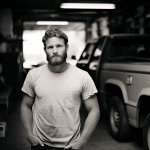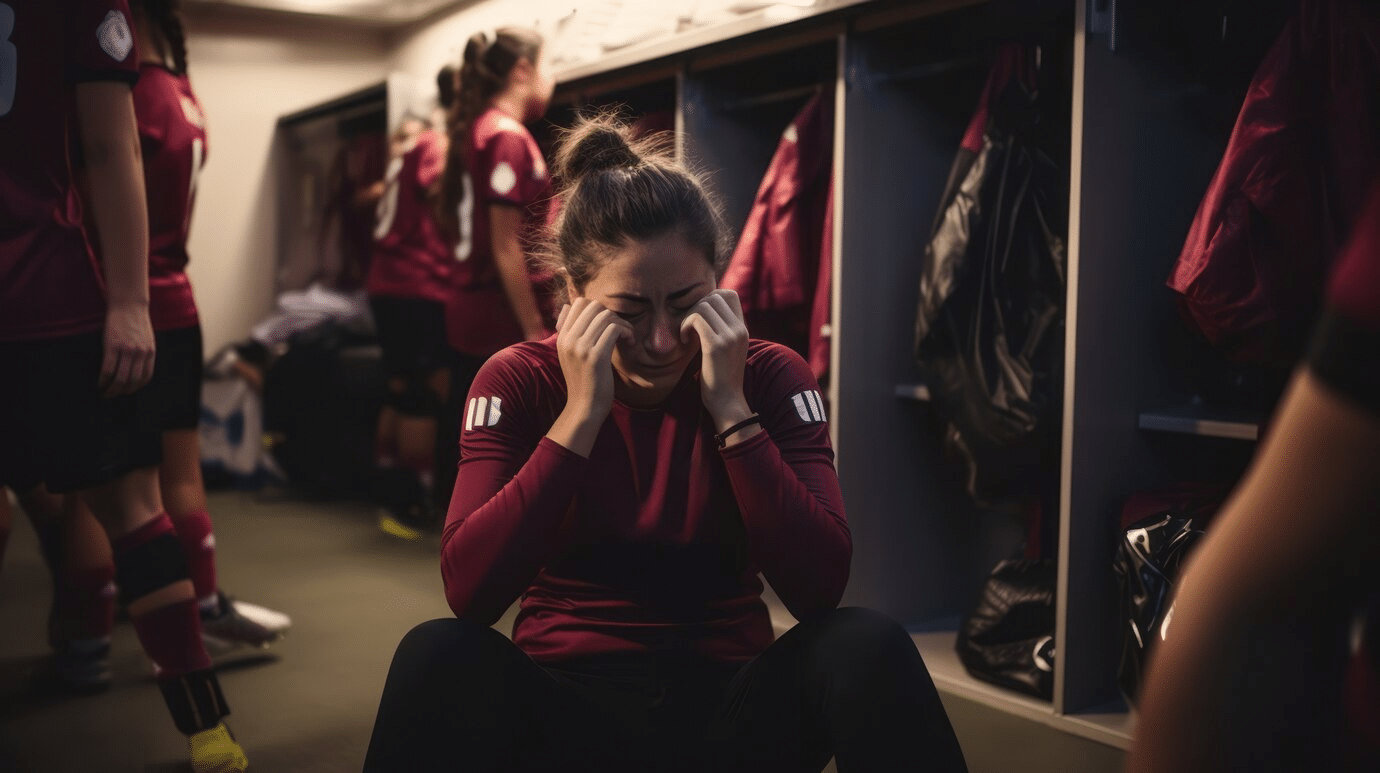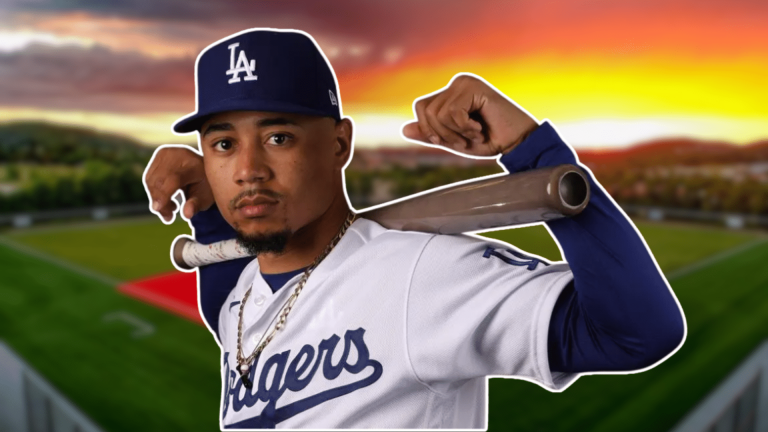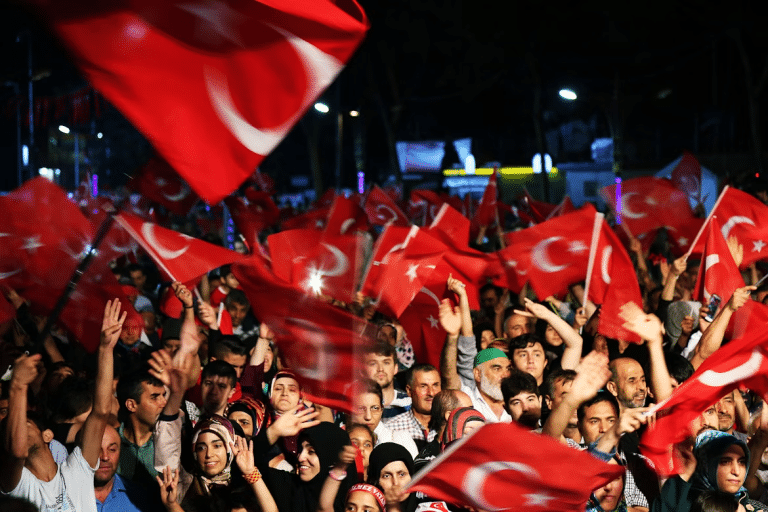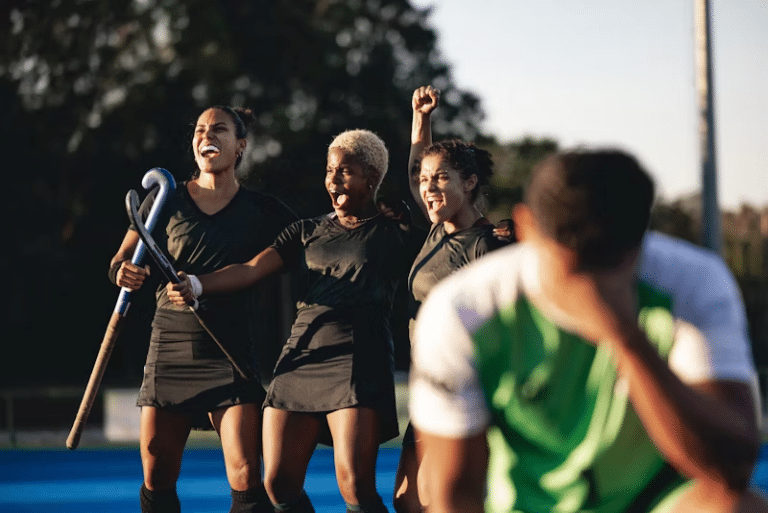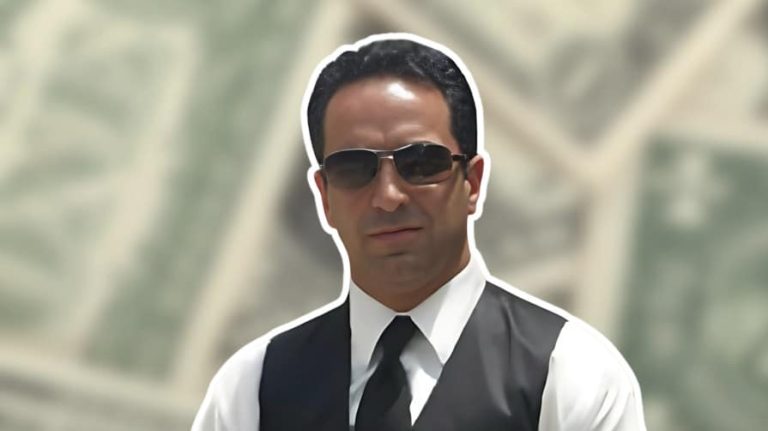Cyberbullying in Sports: Athletes Under Online Fire
One forgotten goal, an unspoken press conference, or a political opinion completely changes the narrative. Suddenly, the feed erupts – not with insights, but vitriolic fury.
Athletes no longer have the luxury of playing the game; they are on the brink of life and death in the digital world. Hate speech is no longer uncommon.
The Digital Age of Sports Fame
In the past, monumental achievements meant having your poster on your bedroom wall, but now an athlete can boast of being an icon if they have a verified blue tick on X, are discussed for good or ill on Reddit, and are torn to shreds on TikTok.
Even betting platforms like Melbet keep track of who’s trending, not just for performance, but for online buzz. Social media has given athletes a megaphone and put every fan in the front row. However, social media lacks the humanity to filter out cruelty.
Being connected to the digital world brings delight, but the dissonance when expectations aren’t met is nothing short of brutal. Athletes do not remain icons anymore. They become clickbait, targets, names amidst hashtag wars.
High-Profile Cases That Shook the World
Violence is not theoretical. It has a description, a face, and most importantly, evidence. From the sidelines, the world of sports has witnessed elite athletes succumb to the tidal waves of online vitriol cloaked in abuse. Each unique experience is a threat in its own right.
Some of the things are:
- Naomi Osaka: Battling orthorexia, Naomi was furious. Skipping press duties after being racially abused online only intensified the hatred.
- Bukayo Saka, Marcus Rashford, and Jadon Sancho: The trio were brutally and deliberately taunted with racist remarks after the sour taste left after their Euro 2020 final match against England.
- Simone Biles: Who trolled the trolls on social media, dealt with the aftermath of people being forced to participate in her participation mode at the Olympics, and the mental drain of constant comparison.
- LeBron James: Every king has a time when he loses his throne. Even he is not isolated. Classical Twitter can act as a plague, sending threats related to his political and sports commentaries and playoff showdowns.
However, these do not serve as stand-alone outdoor acts. They reinforce each other because, without a doubt, no matter who perpetrates such harassment, mitigation in sports is considered obligatory and external.
Why Athletes Are Easy Targets
Athletes are public figures who live in a high-stakes, high-visibility pressure cooker. But unlike celebrities, their value is measured by milestones, achievements, and accolades in real time. Just like in online slots, where one spin can flip the outcome, a single moment in a game can define how an athlete is seen. These milestones quickly become sources of judgment for apathetic critics, who do not appreciate the athlete’s effort but feel entitled to voice their opinions.
Performance Pressure, and Public Scrutiny
Athletes encountering public backlash are not new—we’ve seen it happen online often. But now, every mistake becomes fodder for online shaming in real time. Fans no longer just express disappointment—everyone needs a piece of the action until what was once a slip or error becomes viral.
“Slipping up” gets harsher in the digital age. Angry fans can access an athlete’s social media in seconds, ready to spam them with hate messages. Fans who feel like they lost a bet, angry at a score, or full of rage can vent directly into their DMs. Thanks to contemporary culture, athletes are expected to keep smiling and feel like their windpipe is being clenched the whole time.
Racial and Gender-Based Abuse
In the case of women, Black, or minority athletes, the situation gets worse. They deal with a lot more hate than our society is willing to accept. Instead of dealing with hate that is purely based on performance, bigoted comments are masked as professional judgment.
Renowned sports figures like Megan Rapinoe and Serena Williams highlight the racially motivated trolling and violent misogyny they have endured. Athletes receive some support, but it is withheld when they need it the most, providing them with inadequate shelter from the worst strings of the social media world.
Mental Health Impacts of Online Harassment
The damage lingers after the posts disappear and the comments are washed away. Athletes describe the panic attacks, sleepless nights, and sheer anxiety of having to check their phones after a bad game. The crushing force of the mental stress that athletes face and the speed with which it accumulates are maddening.
Cyberbullying is relentless and, in some ways, worse because it is out of sight. Fans have access to statistics but do not witness the meltdowns in the hotel room. The aftermath of terrible news goes unheard, as does the silence that follows cruel remarks.
Steps Toward a Safer Sports Environment
Leagues are starting to wake up: from AI moderation filters on social media to on-site mental counseling services, the shifts are finally made. Athletes are beginning to voice their opinions, and at least some fans are starting to notice. It isn’t enough yet, but it shows promise.


